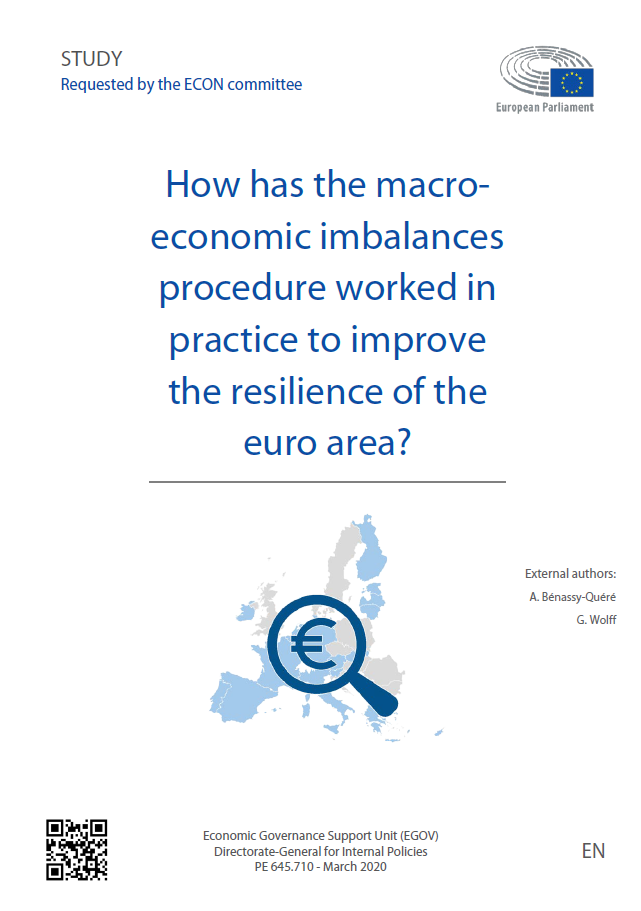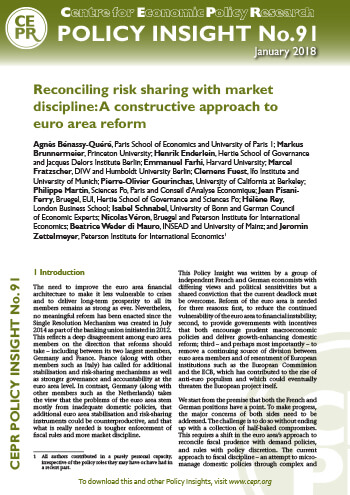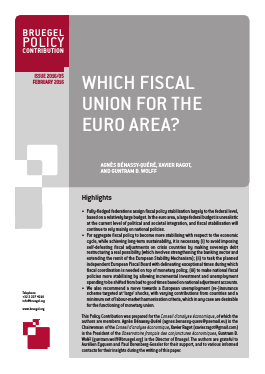Board members

Agnès Bénassy-Quéré
Member of the board
Expertise: macroeconomics, monetary policy, taxation policy CV: Download CV
Agnès Bénassy-Quéré is chief economist at the French Treasury, and member of the Bruegel board. She was a Professor at the Paris School of Economics - University of Paris 1 Panthéon Sorbonne, and the Chair of the French Council of economic analysis. She worked for the French Ministry of economy and finance, before moving to academic positions successively at universities of Cergy-Pontoise, Lille 2, Paris-Ouest and Ecole Polytechnique. She also served as a Deputy-director and as a Director of CEPII and is affiliated with CESIfo and IZA. She is a Member of the Commission Economique de la Nation (an advisory body to the Finance minister), of the French macro-prudential authority and of the Banque de France’s Board. Her research interests focus on the international monetary system and European macroeconomic policy.

























